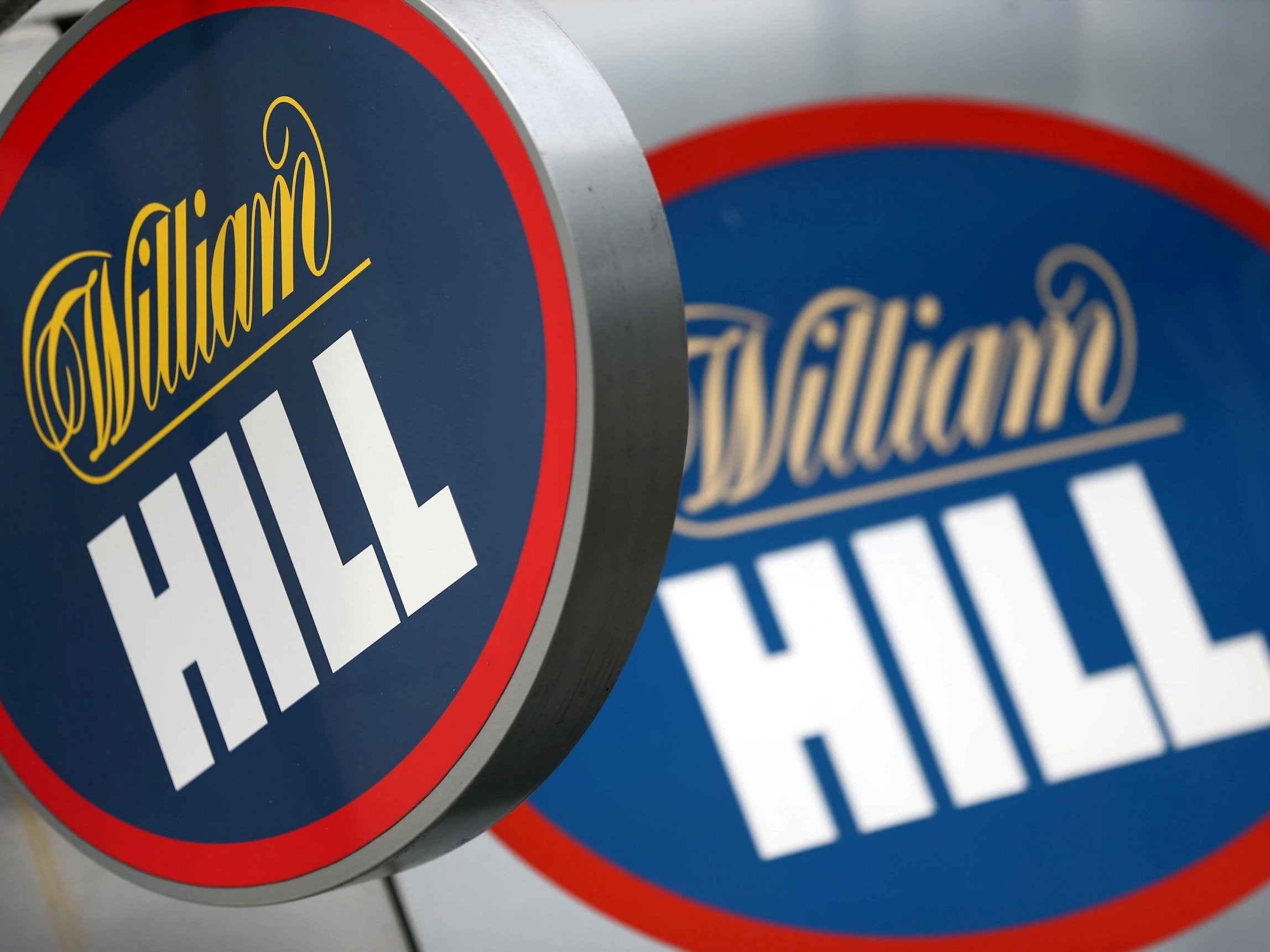As William Hill reports £722m loss, are the bookies still winning?
The loss was down to a huge write-down to the value of the group’s UK retail business, which has been hit by a sharp cut to the maximum stake allowable through fixed odds betting terminals

You know that phrase about the bookies always winning? It doesn’t look so true today.
William Hill has just reported final results that made it look as if the bookie approached the final fence and fell flat on its face last year. The company slumped to a £722m loss compared with the £146.5m pre-tax profit it made during the prior year.
Poor old Billies?
Not so much. While the company could always use a bout of equine flu affecting the jollies at the annual Olympics of jump racing, its overall numbers weren’t as bad as the headline figure made them look.
The losses were largely down to a huge write-down the company took to the value of its UK retail business in the wake of the government’s review of gambling rules, and, in particular, those applying to fixed odds betting terminals.
Dubbed the “crack cocaine of gambling” in some quarters, the machines had acted like another drug, speed, with respect to the bookies’ profits, which they’d turbocharged.
With the maximum stake being cut from £100 to just £2 by the government amid mounting evidence of the harm they cause, the going report for betting shops’ earnings immediately went from good to heavy overnight.
That explains the write-down that, combined with other non-cash one-off hits, hit the bookie’s bottom line by £922m.
When it comes to actual cash, the company still made a handy amount. Operating profits were down only a bit at £266.8m, 3 per cent lower than the previous year’s figure. And the business still grew. Net revenue was up by 2 per cent to £1,621.3m.
So this is hardly a company on the critical list. In fact CEO Philip Bowcock thinks he can double profits over five years, assisted by the group’s activities in the US, where sports betting has been legalised in a number of states, catnip to that nation’s legion of sports fans.
It is true that the number of betting shops you’ll see dotted around the high streets of Britain is going to fall, and perhaps quite sharply over the coming of years. Bookies have, meanwhile, accelerated the push to grow their digital businesses. Online gambling is less visible and people can bet bigger than they ever could with those FOBTs.
Ultimately, they look set to carry on winning. No one’s taking bets on the first one to go under and you needn’t shed any tears for them if the favourites start to romp home in the Cotswolds.
Quite the reverse.
Join our commenting forum
Join thought-provoking conversations, follow other Independent readers and see their replies
Comments